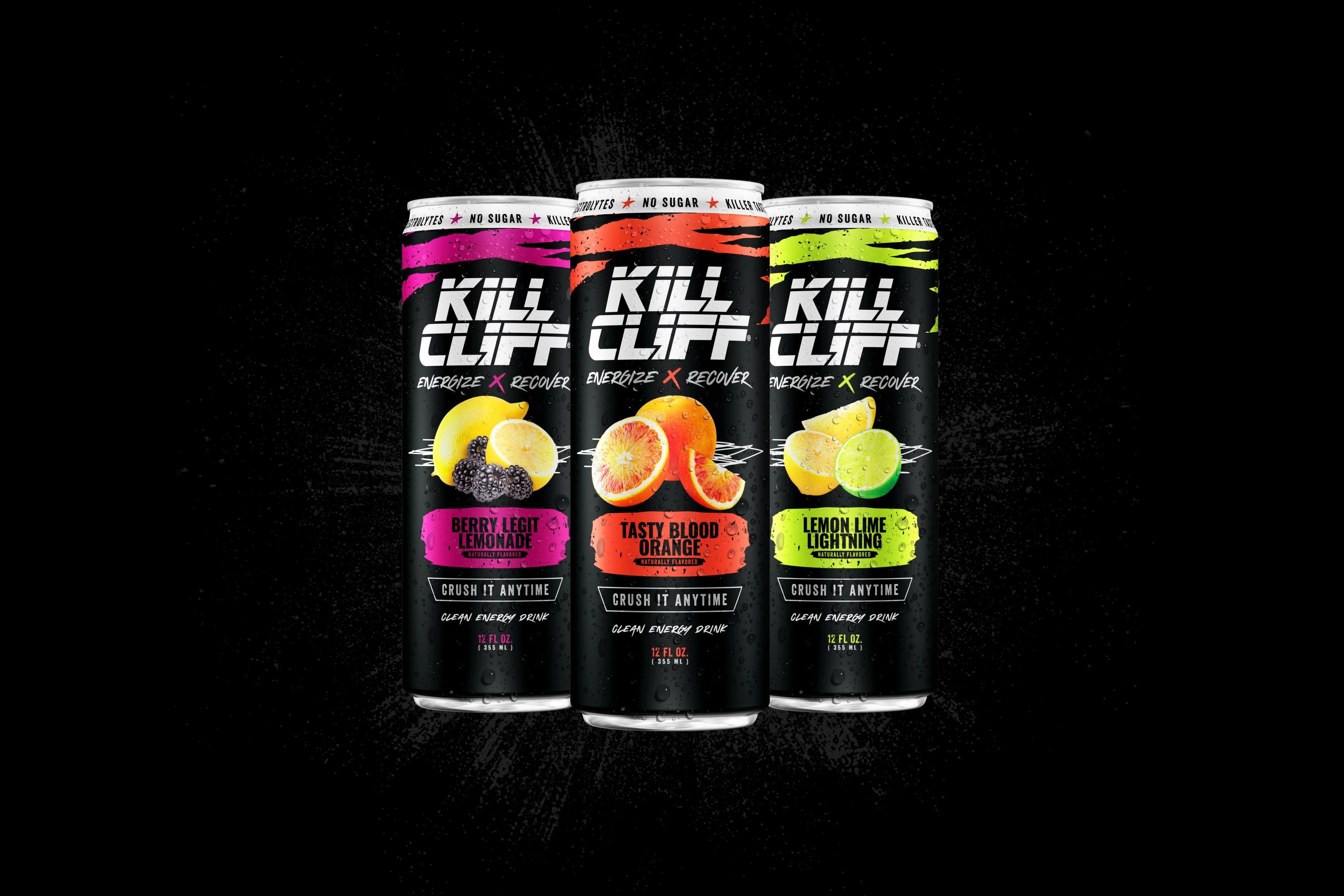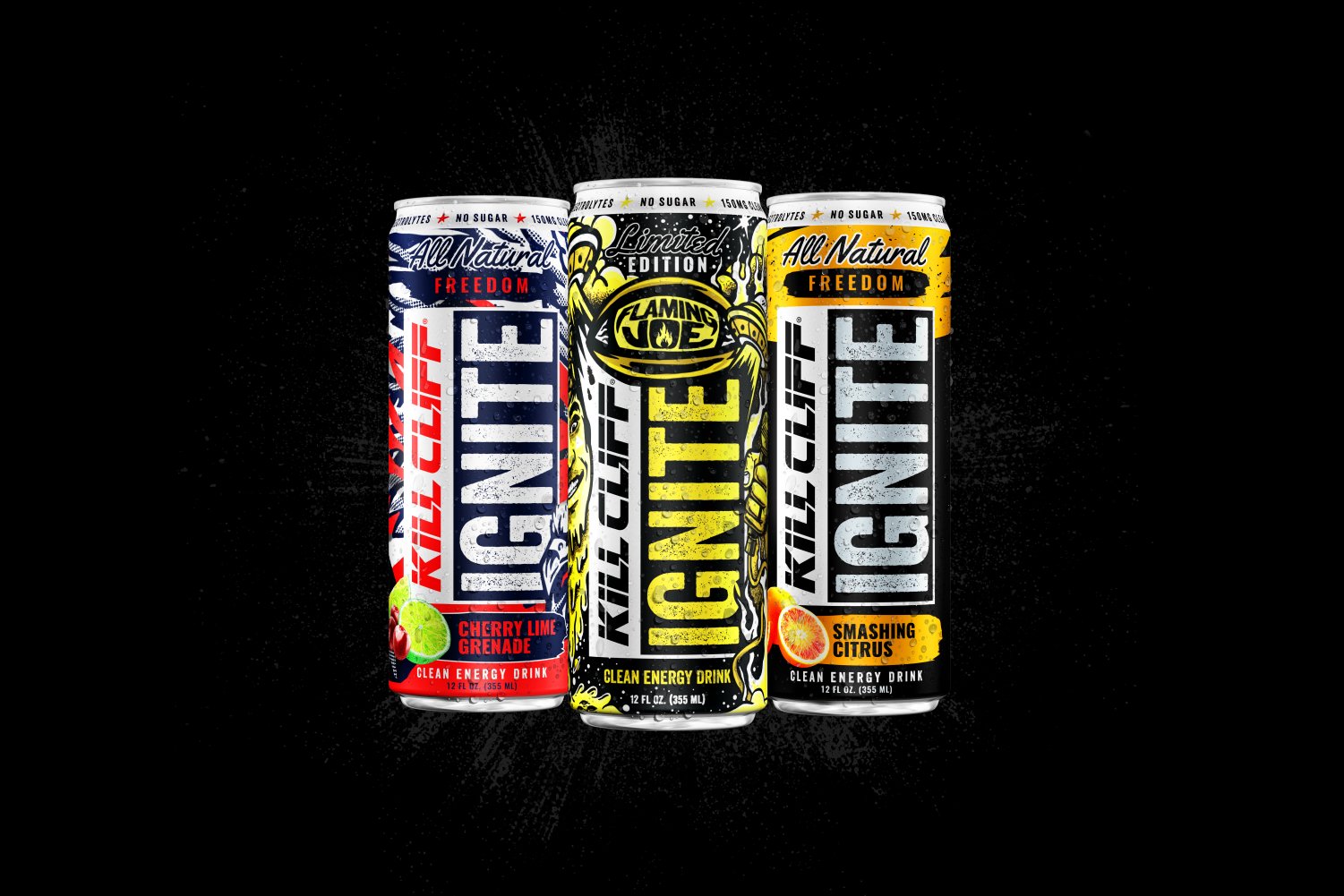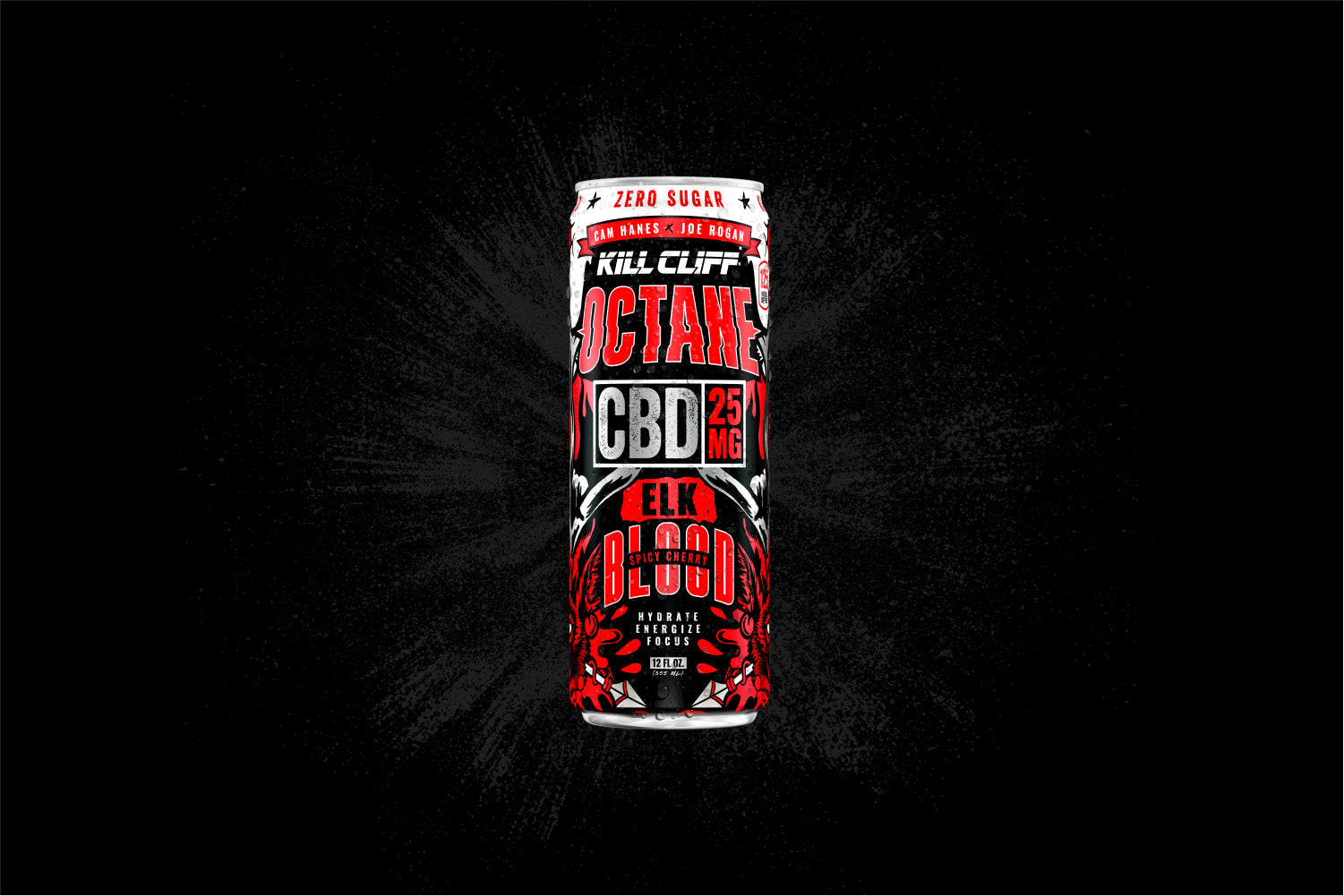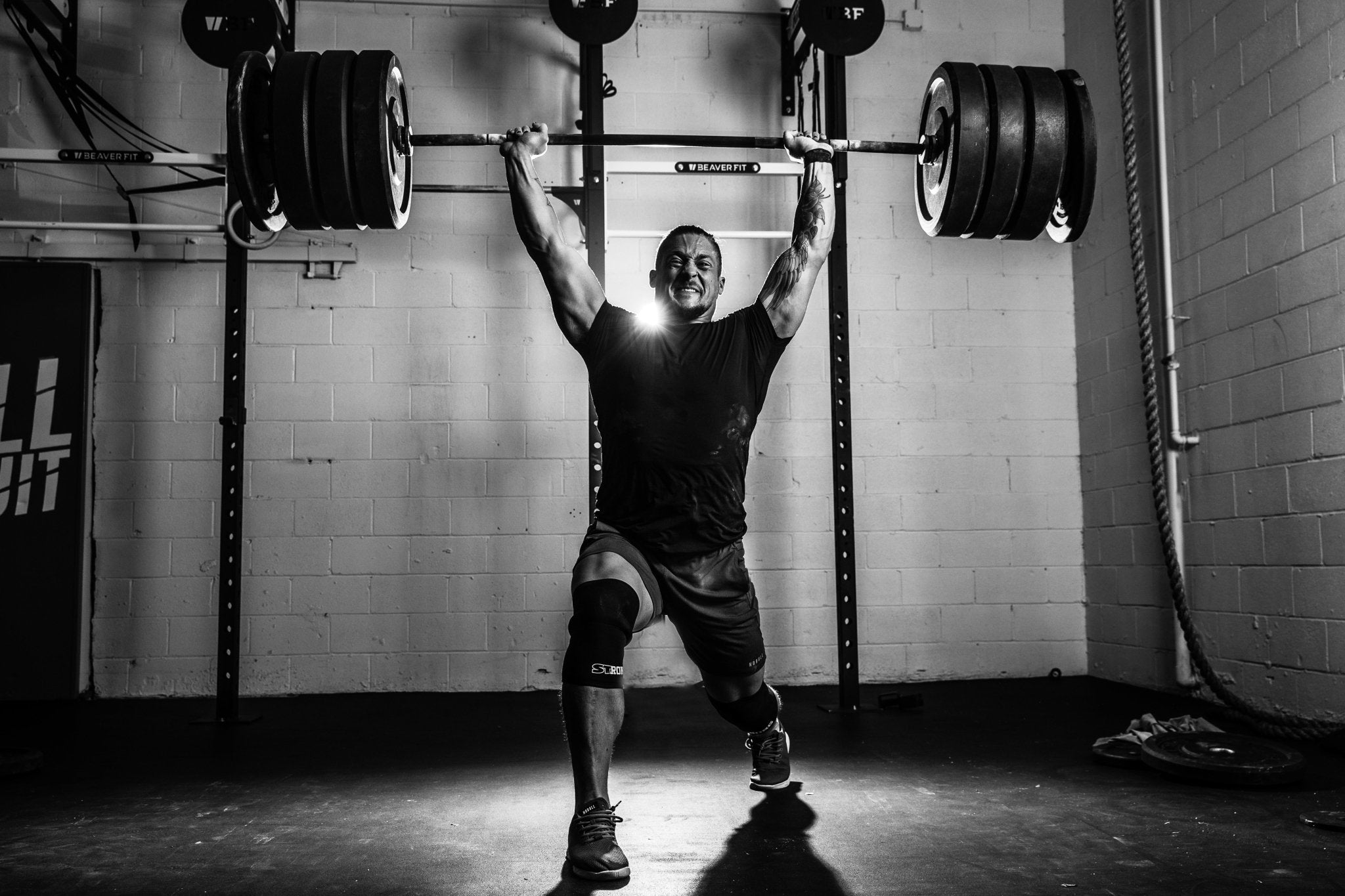
We all know that goals are what keep an athlete motivated to keep growing, but what essential aspects of training make achieving those goals possible? The magic lies in consistency and sustainability. These two qualities go hand in hand when it comes to working toward goals. Neither can be neglected without also compromising your efforts and time invested in achieving them.
If It's Good to Do, Do It Often
Consistency means something is scheduled and repeatable. When you establish consistency with your training days, movements, recovery, rest, etc., you create habits and adaptation to these habits within your body. On the other hand, inconsistency creates chaos within your body. Your body cannot anticipate or respond appropriately to what you're asking of it and remains in a state of confusion on what it needs to do and when.
You’ll notice that when you don’t vary your sleep schedule, for example, you get better quality sleep, due to your body understanding and preparing for a good night’s rest. Likewise, when exposed to similar exercises, your body learns to become more comfortable, efficient, and stronger in those positions. It is intuitive to expect that someone who trains at the batting cages for multiple hours a day will progress faster in their technique than someone who goes only a few times a month.
If It's Good to Do, Do It Often
Consistency means something is scheduled and repeatable. When you establish consistency with your training days, movements, recovery, rest, etc., you create habits and adaptation to these habits within your body. On the other hand, inconsistency creates chaos within your body. Your body cannot anticipate or respond appropriately to what you're asking of it and remains in a state of confusion on what it needs to do and when.
You’ll notice that when you don’t vary your sleep schedule, for example, you get better quality sleep, due to your body understanding and preparing for a good night’s rest. Likewise, when exposed to similar exercises, your body learns to become more comfortable, efficient, and stronger in those positions. It is intuitive to expect that someone who trains at the batting cages for multiple hours a day will progress faster in their technique than someone who goes only a few times a month.
Consistently doing something should not get confused with obsession. It isn’t about the “grind,” or being the small-town daily WOD hero. It is about taking care of the details, so you can keep doing it forever. This might mean taking a scheduled rest day, getting eight hours of sleep, staying hydrated—all things related to listening to your body to enhance performance. Don’t fall into crash-course diets (don’t get me started on 30-Day Paleo Challenges) and quick-fix fitness programs. Work to find the diet, strength progressions, endurance programs, rest and recovery habits that provide slow, sustainable progress that you can do on a consistent schedule.
How Long Can You Keep This Up?
Sustainability runs hand and hand with consistency and means you are doing something now that you will be able to do 10 years from now. Take a hard look at what you are currently doing and ask yourself, “Is this a training program that I can maintain (i.e. is it sustainable)?”
Two things should be factored into your answer. Consider first how the program makes you feel on a daily basis. If your answer is tired, achy, under-recovered, or frequently injured, then it’s not sustainable. The second question to ask yourself is, ”Can I continue to progress on this program?” If there is not a clear path and progression in your training, then you will find it very difficult to continue your progress over time. So make it a point to ask your coach “what is our goal,” ”where will this take me,” and ”why are we doing this?” These should be easy questions to answer.
Small Changes Enable Big Progress
Goal-setting is a fundamental need for athletes and anyone looking to grow, but knowing how to practically work toward goals is where many people fall short. Take the slow, progressive approach and path of most resistance to move you into new areas of strength, mobility, and endurance that you will own for a lifetime. This progressive approach to everything will bring you to a healthy and sustainable lifestyle based on habits, as opposed to variety with no rhyme or reason.
Short aggressive changes like trying to gain a new skill from an 8-week program, or attempting to lose 20lb in a month will leave you bouncing back and forth with no true progress. Create gradual layers of adaptation and change instead, like working toward an overall healthier diet instead of crash dieting, or gradually increasing movement complexity instead of jumping to the most complex skill. Implement one lifestyle change in a 12-week period, instead of trying to tackle them all at once. That is how you create a body and mind that is always getting stronger and healthier, without having to do anything drastic. Your consistent and sustainable daily habits become a consistent and stable you.
If you are interested in following Chris Lofland’s online templates or want to join his individualized programming, feel free to email him at CMLofland@gmail.com or visit my website www.ChrisLofland.com for more info on the program, pricing, free articles and more! You can also follow him on Instagram at @C_Lofland
Purchase Chris Lofland’s Gymnastic Strength Program (HERE) for $89.95
Purchase Chris Lofland’s Muscle Up Program (HERE) for $35.95
Purchase Chris Lofland’s Handstand Program (HERE) for $35.95








